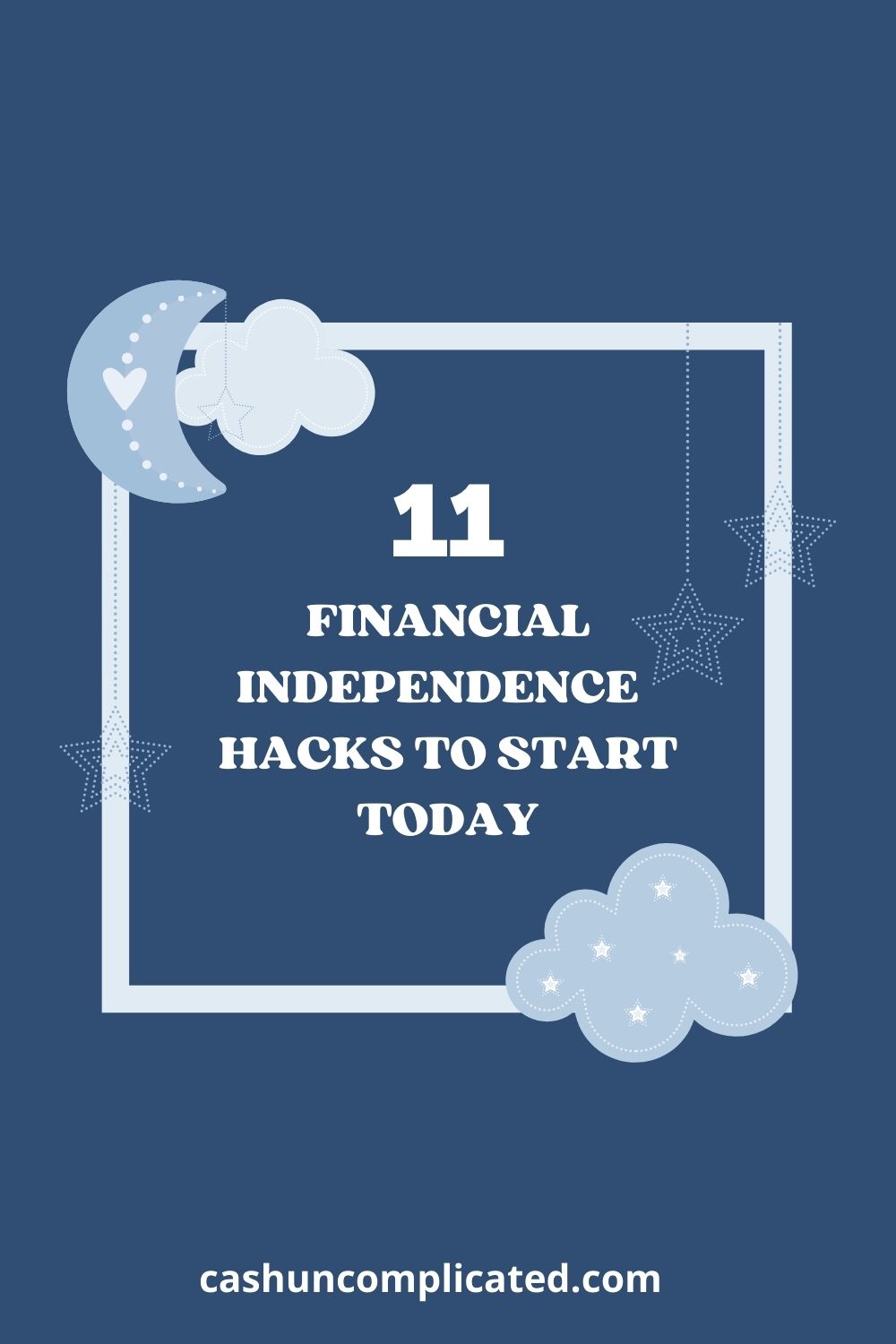Mark Twain wrote “I’ve had a lot of worries in my life, most of which never happened.” I’m not sure why people worry so much, but we do. I say “we” because I’m certainly not innocent of this either. And just like the Mark Twain quote, most of it has never happened.
I’ve gotten a lot better in this area but I’m still a work in progress. For many people, money is a big worry. But it doesn’t have to be. There is enough to worry about, here are four ways to minimize or even eliminate those money worries.
Follow the Timeless Financial Principles
There are timeless financial principles that have worked for a long time, and will continue to work for a long time. And the good news is they can work for you too. Follow these principles and you’ll have a lot less to worry about financially.
- Pay yourself first
- Automate
- “Part of what you earn is yours to keep”
- Eliminate bad debt
- Invest
- Be a value-based spender
I follow every single one of these principles myself, wrote about all of them in my book, and have posted several blogs about them you can link to above. I believe if you follow these principles, your financial life will greatly improve.
Education
Not knowing can be scary. Especially when we see and hear things on social media and other outlets sensationalizing financial issues and problems with the economy. The best way to combat this is with education. By education, I don’t mean that you have to go back to school or enroll in a PhD program.
Education can simply mean reading a few personal finance books, signing up to be on a trusted blogger’s email list, regularly talking with someone who has been successful with their personal finances, working with a professional, and much more. It doesn’t have to be that complicated or time consuming either.
The beauty of education is that it naturally dispels many of the money myths that are so omnipresent in our society. Housing and stock market crashes are two of the things that immediately come to mind.
Let’s address housing first, as in the purchase of a home. Just this morning in fact, I saw a headline about an entire generation of people who will not be able to afford a home. Curious, I clicked on the article.
It was filled with misinformation about why people will never be able to afford a home because it’s impossible to save up enough for a 20 percent down payment. The same article also uses statistics from a very expensive city, neglecting to mention that at least 90 percent of the country is more affordable than this.
The article makes no mention either that you’re not required to put down a 20 percent down payment. It certainly helps to, but it’s not required. You can put down five percent or less and still get into a home. Once in the home, there are many creative ways to reduce or eliminate your monthly payments such as house hacking or renting out all/portions of your house on Airbnb.
The stock market is also sensationalized with grabby headlines and clickbait. It’s easy to believe that the market is going to crash and you’re going to lose all your money if you take the risk of investing. The reality though is that this isn’t true. There will be corrections in the market periodically, but it has always come back historically.
Even with the most recent decline correlating with the emergence of COVID-19 in March of 2020, the market came back and is now at historic highs. If someone sold their stocks during that time period, they would have lost money. But someone who kept their money in the market would have realized gains. That doesn’t make the headlines though because it’s not exciting.
As a caveat, there are a lot of differing opinions of where the market is headed and the impact of inflation and government spending to boost the economy. No matter where you stand on these issues, the reality is if you pulled money from the market in March of 2020 you wouldn’t have realized the gains during the recovery.
Create a Plan
Creating a plan can relieve much of the stress around money (and other things). It feels really good to have a plan in place that will put you on the pathway to success. Just creating a plan is empowering because you are taking action and doing something about it.
Having a plan gives your mind a map of exactly what you need to do. And once you’ve got this map, it’s just a matter of execution. It’s like if you wanted to drive from San Francisco to New Orleans. If the only direction you’re given is “drive”, it would be anxiety provoking because “drive” doesn’t tell you anything about how to get there.
But if you had a phone with GPS (which most everyone does), you would be able to map out your route. You would know exactly what highway to start on, where to switch highways, and where to conclude your trip. All that you have to do is follow the plan and drive.
After years of being anxious and worrying about money, many people find that they simply did not have a plan. Once a plan is put in place, the stress around money is greatly reduced.
You Will Figure It Out
Last, but not least, know that you will figure things out. Remember that most of us weren’t taught about personal finances in school. Nor were many of us taught about it by our parents. For a long time, money has been a topic avoided and glossed over. But you will figure it out.
The first three methods; follow the timeless principles, education, and create a plan all focus on taking action and creating a foundation. Knowing that you will figure it out is mostly about mindset. It’s about having the confidence to move forward because you are someone who can, and will, figure out your personal finances.
Having the mindset that you will always be able to figure it out will not only help you start, but also get you through the rough patches. It’s an attitude of perseverance and “make it happen.”
Summary: Use All Four Methods
All four of these methods are designed to work off of each other. Educate yourself on the timeless financial principles. Follow the principles and create a plan based on them. Maintain the mindset that you will figure everything out. Follow your plan to help you figure it out.
We have enough on our plates, don’t make money another thing to worry about. I’m confident that you if you follow these four methods, you will not only worry less about money, but also gain confidence in your ability to manage and be successful with your personal finances.
Is money something you worry about?








